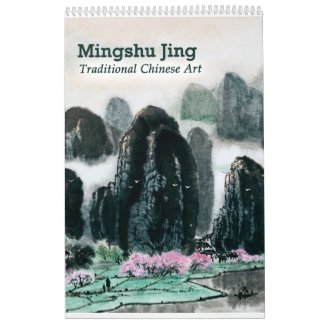>> Beijing Food & Travel
Beijing
Huguosi Xiaochi: Taste of Old Beijing (1) (Video)
1. What is Xiaochi?
If directly translate, “xiaochi” means small eats (or small bites), which are the kind of food you may have between meals (or at breakfast). More often xiaochi is translated as snack.
But in Chinese cuisine, xiaochi are not the snacks like sweets or biscuits. They are food like dim sum or spring rolls, which normally come with small size or small portion, but well cooked and with a lovely flavour.
If you visit China, you might find xiaochi at some restaurants, or buffet breakfast provided in the hotel you stay. But more often they are available at snack shops or street food stalls. You can have xiaochi while shopping or simply buy them as the supplement to your meals.
This is a a steamed bun shop at Beijing Huguosi street.
2. Where to find the old Beijing Xiaochi?
In China, different regions have their own famous xiaochi, such as dim sum in Guangdong, stinky tofu in Hunan and dandan noodle in Sichuan.
In Beijing, the capital city of China, you can find almost any kind of regional foods. It also has a number of food streets especially provide the famous regional xiaochi, which are always popular spots for the visitors.
Even I am a Chinese, I get confused with so many options when it comes to choose which food street to visit. Because I only had a half day free, I just wanted to sample some authentic, old style Beijing food. So I asked two Beijing taxi drivers and both of them recommended the Huguosi street.
3. Beijing Huguosi Street
Located in Xicheng District, one block away from the Pinanli subway station, it is hard to miss when you see the huge sign near the street entrance.
Compared to another famous food market at Beijing Wangfujing, Huguosi Street seemed relatively “quiet”, less crowd, less commercial atmosphere, which is more like a normal living area for the locals.
There are small vegetable shops along the street, which suggest the street is not just built for the visitors and there are still people living around here.
The stores selling all kinds of small stuffs you may need for your house and daily life.
It appears that the whole street still keeps the old Beijing style architecture, although some views might have been affected by the modern department behind.
Walking along the street, you can see the old style Beijing house and feel the history behind, even just from their front doors.
There are doors with nice entrance, decorated with colorful Chinese paintings.
On the other side, there are doors with simple looks, which may tell a
completely different family story. I love this motor tricycle :)
The bicycle is something you won't to miss in the Beijing Huton.
More bicycles? :)
You may find some street art paintings randomly placed near the buildings, which are showing you the life of old Beijing.
This painting shows a man eating the Chinese hotpot, the flag has the name of one famous local restaurant.
Here is a man selling the local snack honey cakes in the street.
Two men are enjoying their drinks :)
At the end of Beijing Huguosi street, there is the Memory Hall of Mei Lan Fang, who was one of the most famous Beijing opera artists in China.
Well, I found one more bike here. I love how it stands in front of the traditional designed front doors :)
Continue read: Beijing Huguosi Street Snacks: Taste of Old Beijing (2).









































